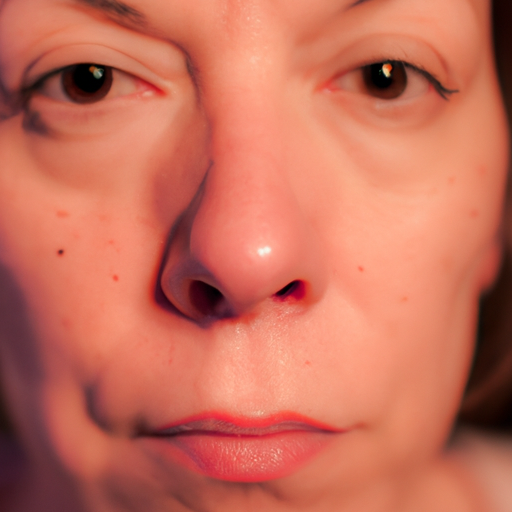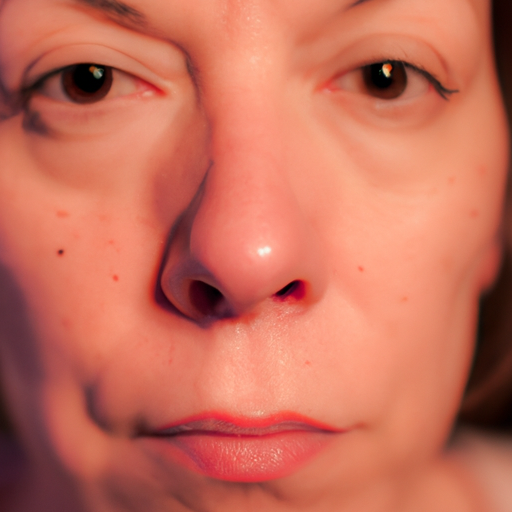As a medical professional, I have encountered countless patients who are struggling with acne, a common skin condition that affects millions of people worldwide. This article aims to unmask acne, providing a comprehensive guide to its diagnosis and treatment.
Acne is a skin condition that occurs when hair follicles become clogged with oil and dead skin cells. It commonly causes whiteheads, blackheads or pimples, and usually appears on the face, forehead, chest, upper back and shoulders. Acne is most common among teenagers, though it affects people of all ages.
Diagnosis of acne is typically straightforward; in most cases, a visual examination of the skin is all that’s needed. However, if the acne is severe or resistant to treatment, your doctor may refer you to a dermatologist for further evaluation. The dermatologist may perform additional tests to rule out underlying conditions that could be causing or exacerbating the acne.
Once diagnosed, the treatment of acne can vary depending on its severity and persistence. Mild acne can often be managed with over-the-counter (OTC) products containing ingredients like benzoyl peroxide or salicylic acid. These products work by reducing oil production and inflammation and speeding up the turnover of skin cells.
For moderate to severe acne, prescription medications may be necessary. Topical retinoids, derived from vitamin A, are commonly used to treat acne. They work by promoting cell turnover and preventing the plugging of hair follicles. Antibiotics may also be prescribed to reduce bacteria and fight inflammation.
In some cases, oral medications may be recommended. For women, hormonal therapies such as birth control pills or spironolactone can help control acne. Isotretinoin, a powerful drug derived from vitamin A, can be used for severe, scarring acne that hasn’t responded to other treatments.
While these treatments can effectively manage acne, it’s important to remember that results may take time. Acne treatments often take two to three months to start showing significant improvements. Patience and consistency are key.
In addition to medical treatments, lifestyle changes can also help manage acne. Maintaining a healthy diet, staying hydrated, getting regular exercise, and managing stress can all contribute to healthier skin. It’s also crucial to avoid picking or popping pimples, as this can lead to scarring and skin infections.
Lastly, remember that everyone’s skin is different. What works for one person may not work for another. It’s important to work closely with your healthcare provider or dermatologist to find a treatment plan that works best for you.
In conclusion, while acne can be a frustrating and sometimes painful condition, there are a variety of effective treatments available. With the right diagnosis, treatment plan, and lifestyle changes, acne can be successfully managed. As a doctor, my goal is to help patients understand their condition and find the most effective treatment for their unique needs.




